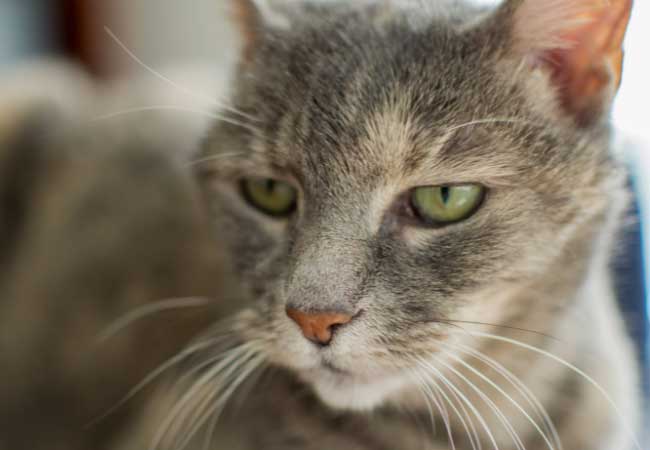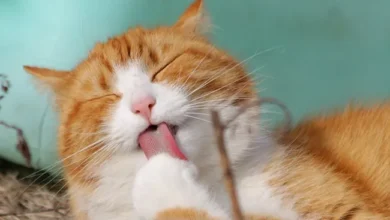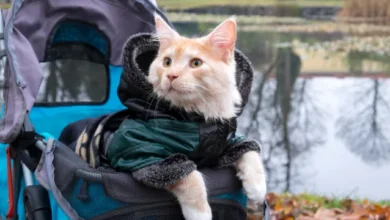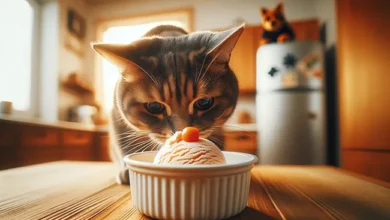How to Take Care of the Health of Your Senior Cat

Do you remember the little ball of fur that your cat was in when you got it as a kitten? Many happy years later, you need to learn how to take care of your friend, who is now a senior. Your pet will need more care, and you need to make sure to adapt according to its needs. Once your pet reaches the age of 8, they are considered seniors. Like humans with age, cats start to experience some health conditions, need help, and even maybe some medical assistance.

Read More:
- Specialty Dog Foods Really Are a Thing?
- 7 Tips for Caring for Senior Dogs
- Know the 5 Amazing Benefits of CBD for Senior Dogs
- Everything You Should Know About Travelling with Your Cat
- 10 Tips for New Cat Owners
Take your cat to the vet regularly
Your pet didn’t need to go to a vet often as a young cat. You took them to the vet only when they needed some vaccination to be renewed or deworming but hopefully nothing more serious. This will change once your cat becomes a senior. It is recommended to schedule at least 2 visits per year. Like this, your vet will be able to check your cat for any symptoms of any disease regularly.
Give them the appropriate food
Your cat will need a change in its diet as well. The senior cat food you choose should contain all the nutrition elements your pet needs. A senior cat can become underweight because they might refuse their regular food. This is because they experience a decrease in their senses, so their usual food might not be that appealing anymore. Also, adjust their portion because some senior cats become less active, and they won’t need so much food.
Make your home comfortable for them
Some of your cat’s favorite places probably are up high on a shelf or a window. But with time, they might not be able to reach them as easily as before. This is why you need to make sure to facilitate access to your pet’s favorite places. Do the same for the place where you give them food and water and their litter box.
Another thing older cats appreciate is a warm and soft bed. Providing them with a lovely cat bed covered by cushions or even a cat tent would be the perfect present.
Keep your cat inside
If your pet loves outside walks or just sits on the balcony, make sure you are doing it only when suitable. A senior cat is not recommended to be out when it is too hot or too cold or be in contact with other unknown animals. They might easily catch any virus, and the treatment will be more challenging and prolonged.
Care for their grooming and hygiene
One of the most common health issues in senior cats is dental issues. So, make sure you take proper care of your pet’s dental hygiene. And we mean something more than the checks at the vet. You might have to brush your cat’s teeth from time to time and check if everything is fine in between doctor’s visits.
If you have a longhaired cat, you shouldn’t miss the daily grooming when it comes to grooming. Your cat might not have the energy to do the grooming as usual, and you need to help them. Any little balls of fur that might not be groomed can be swallowed and make it harder to digest. This can make your cat choke, and by regular bruising and grooming help from your side, you can avoid this.
Try to keep your cat active
Maybe your cat indeed won’t be as active and playful as before, but it is essential to do some exercise still. This will also help your cat’s appetite because they will use more energy and be more interested in their food. Regular activity will decrease the risk of osteoarthritis, which is a common issue in senior cats.
Final words
Making your furry friend more comfortable once they reach the age of a senior is something that might bring a bit of sadness for you. But taking care of them is your responsibility and will help you gain more happy years with them. Make them feel comfortable, and most of all loved. This is all they will need, and they will give them all their affection in return.



